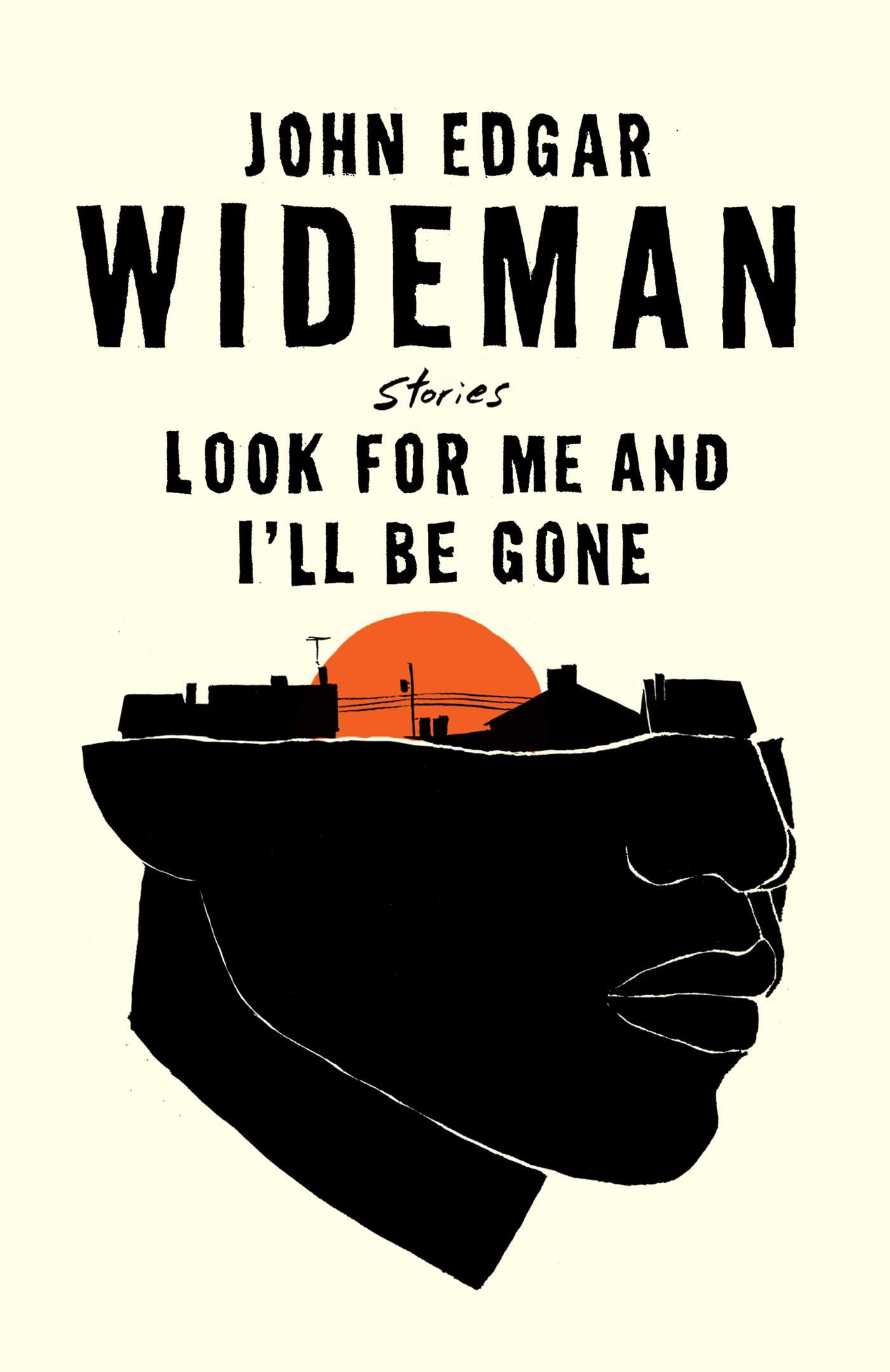The Observer
Look for Me and I’ll Be Gone — John Edgar Wideman


American novelist and short story writer John Edgar Wideman, the first person to win the PEN/Faulkner award for fiction twice, is known for his experimental literary style exploring the African American experience. Eighty years old now, his personal history is full of trauma and tragedy and in this new collection, published 40 years after his first book of stories, there are tales about being Black, being dead and dying, some imagined and some based on his own experiences.
Most are preoccupied with the concept of time, whether it’s the life sentence his brother is serving in prison for being an accomplice in a robbery turned murder, the 12 days in which his 15-year-old son was a fugitive after killing another teenager, or the hour and a half that he and his brother spend wandering New York’s Penn station looking for each other. Largely these melancholic stories examine the criminal justice system and how it manipulates and suffocates time: “Prisons trips away time. Leaves your body bare, bones shivering… Time shrivels to routine, repetition. Time inverted. Longer a sentence, less time matters.”
One tale, Atlanta Murders, featuring two chickens crossing the road, refers to the murders committed between July 1979 and May 1981 in which at least 28 children were killed. Once on the other side of the road, one chicken ponders the semantics of the term “humanely raised”, which it has seen on packs of chicken breasts. “If you know in advance that you are preparing captive, living creatures to be slaughtered and eaten, how in the world can you raise them humanely?” the chicken asks. “Or does humanely simply mean nothing? Except whatever human beings want the word to mean.”
The other chicken never trusted the chicken eaters’ language; always knew it was a chicken. “Funny you put it that way, sir,” says the narrator. “I always knew I was Black.”
Wideman doesn’t try to exonerate the incarcerated people he loves or once knew by telling their stories. In fact, in not doing so, he ends up exposing more details about their crimes. These tales create a tapestry of suffering, weaving together different kinds of pain, from the greyness of waiting in line for the microwave in the visiting room to the fluorescent brightness of a cop pressing your body into a city street.
The author’s experimental use of syntax works to shift reality, altering each tale’s narrative momentum. The sentences in Art of Story are so sharp they scratch the skin, whereas in Arizona – a letter addressed to American soul singer Freddie Jackson, wherein the narrator praises his song You Are My Lady, which was playing in the car while he drove his son to his sentencing – Wideman’s conversational prose, curious and vulnerable (“When I hear you sing I remember you were there beside me and here I am now beside you”), feels as though it is searching for a nipple.
Even in moments of bewilderment, when new questions are painted upon old ones, when Wideman’s stream of consciousness style momentarily mystifies, you are never truly gone, just suspended above a familiar scene, forced to interact with a detail you missed or ignored. This is truly inimitable storytelling. No one writes an American horror story like John Edgar Wideman.